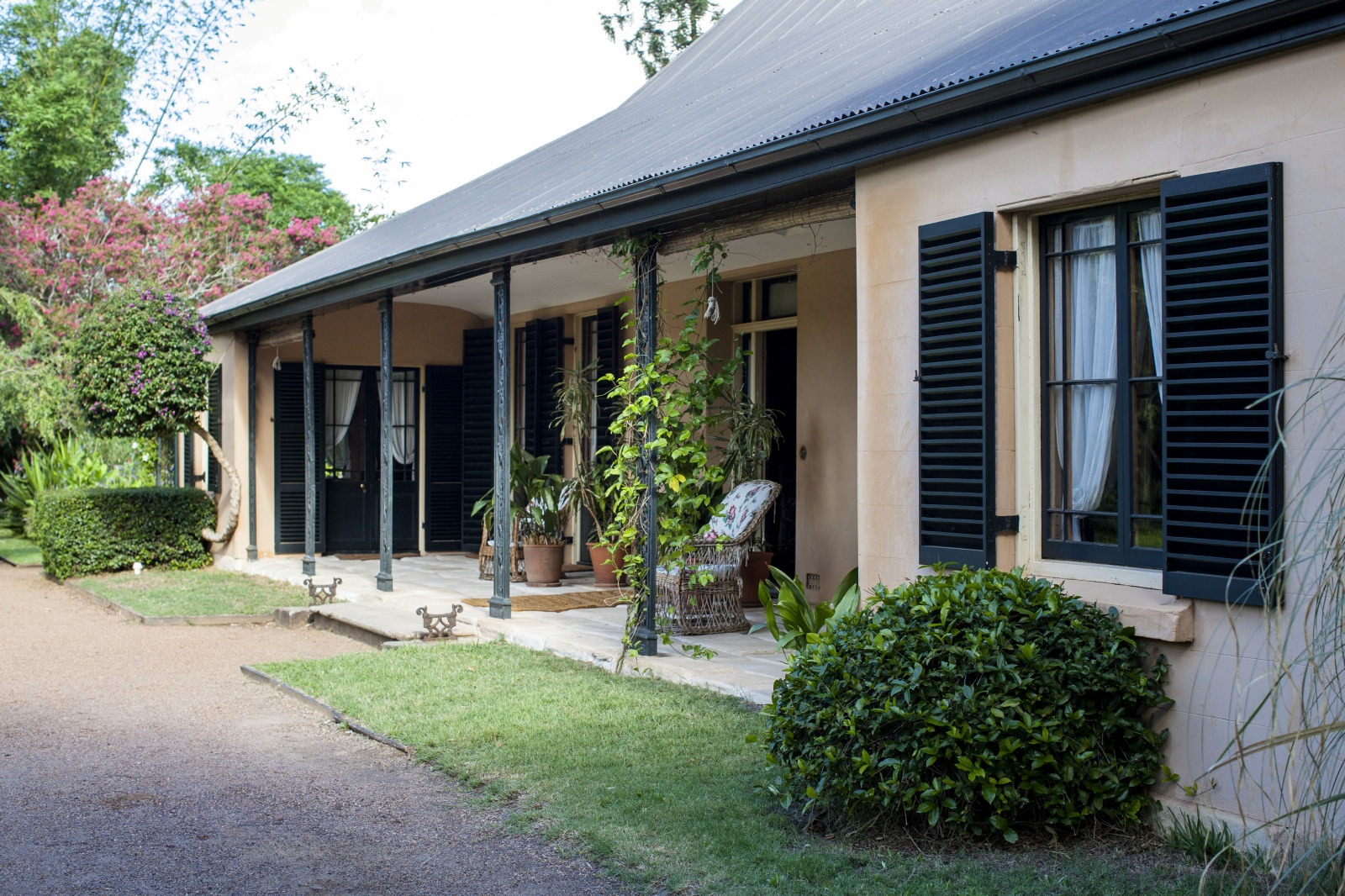A spotted deer from India
This enigmatic animal is a resin-cast replica of an early nineteenth century wooden (cedar) carved and painted toy that belonged to John & Elizabeth Macarthur's children at Elizabeth Farm, near Parramatta or, perhaps, to their grandchild at Camden Park. The original remains in the collection at Camden Park. The animal is probably a spotted deer or chital, indigenous to many parts of northern India, and the original toy is likely to be a product of the extensive hand-made wooden toy industry of Rajasthan. Brightly painted wooden or papier-mâché pull-along toys of elephants, tigers, camels, horses and a range of other animals were a celebrated product of the Rajasthani toy industry. Perhaps surprising, spotted deer were a common sight around colonial Sydney, first imported around 1803 by Surgeon John Harris. Within ten years he had around 400 spotted deer on his various properties including at his Ultimo estate. They were frequently hunted for sport by the gentlemen of the colony, though by the mid-19th century they were also sold as pets.
Published on
Collections
Browse all
'A most excellent brick house' Elizabeth Farm
Curator Dr Scott Hill explores some of the enduring mysteries buried in the architecture of Australia’s oldest surviving homestead

An immersive solution to preserving the past
An important part of Collections Care work at the Western Sydney Records Centre is to conserve records that have been requested by readers and assessed as requiring repair

First Nations
Grief in the archives: a Blak reflection on Sorry Day
In this article, Dylan Hoskins, Project Assistant on the First Nations Community Access to Archives project, reflects on the significance of National Sorry Day through his lived experience as an Aboriginal person

Women police in NSW: a history of firsts
A collection of photographs at the Justice & Police Museum document the hard-won firsts, beginning in 1915, that led to women attaining equal status within the NSW Police Force